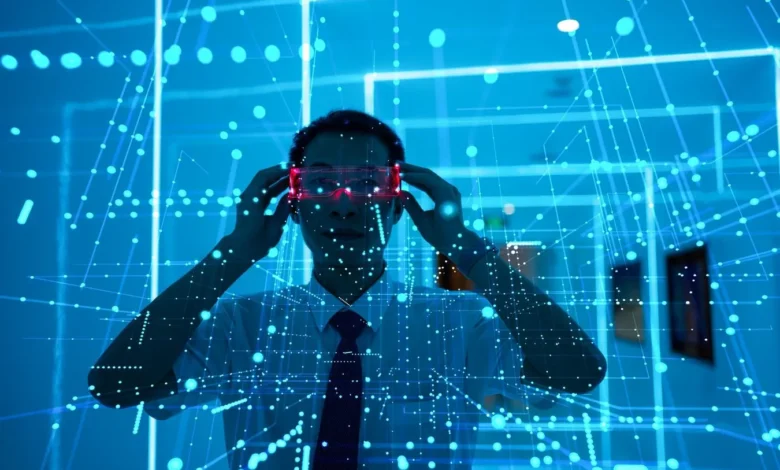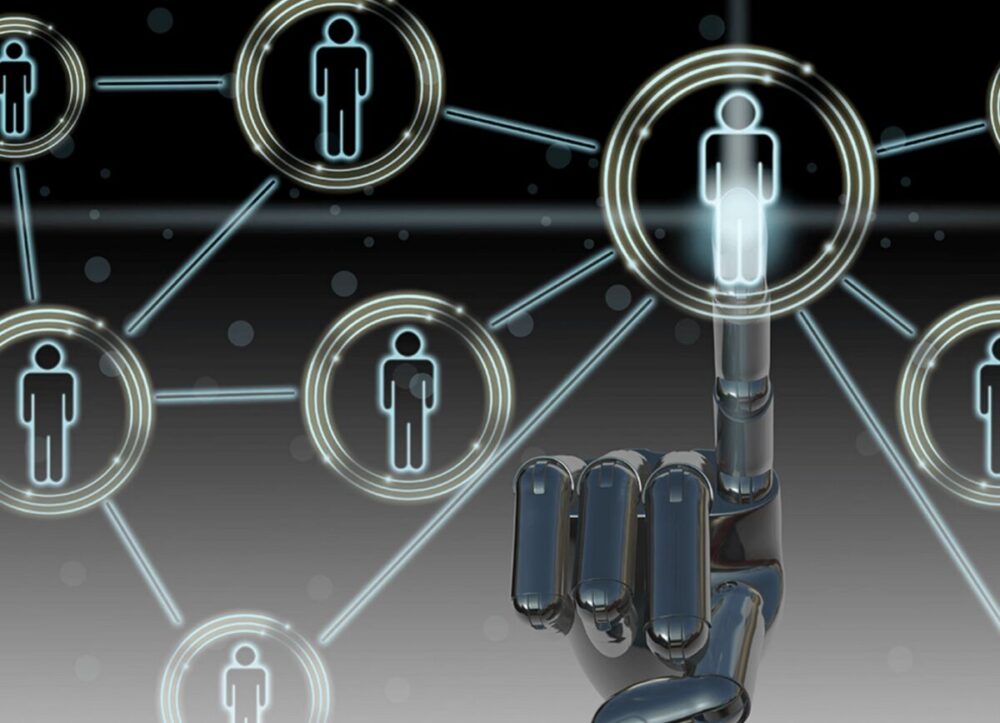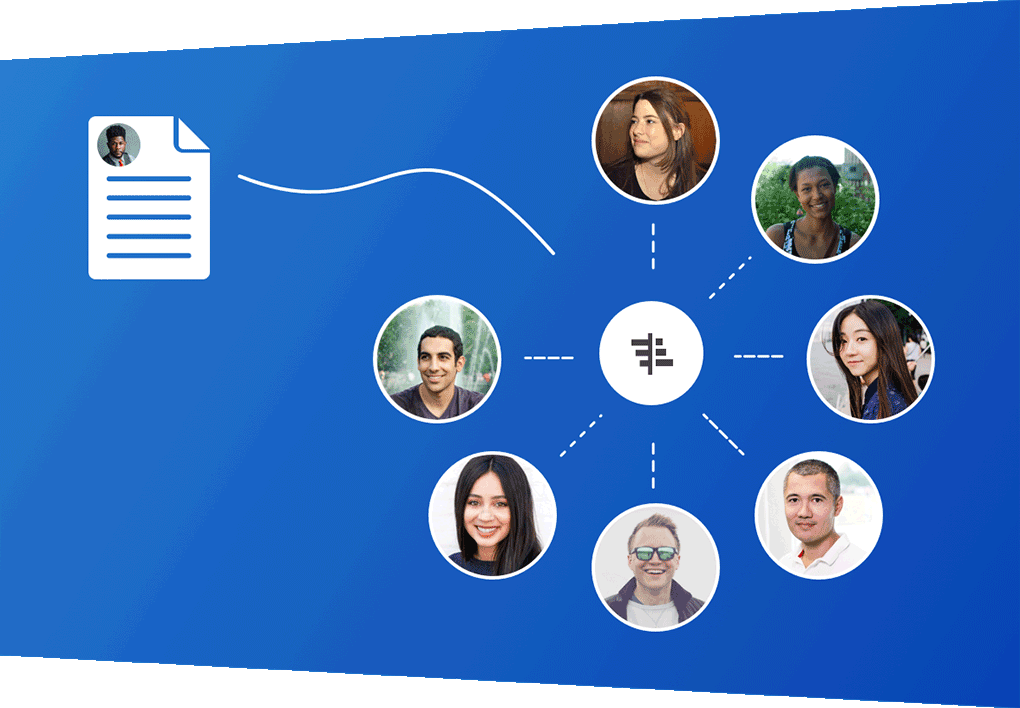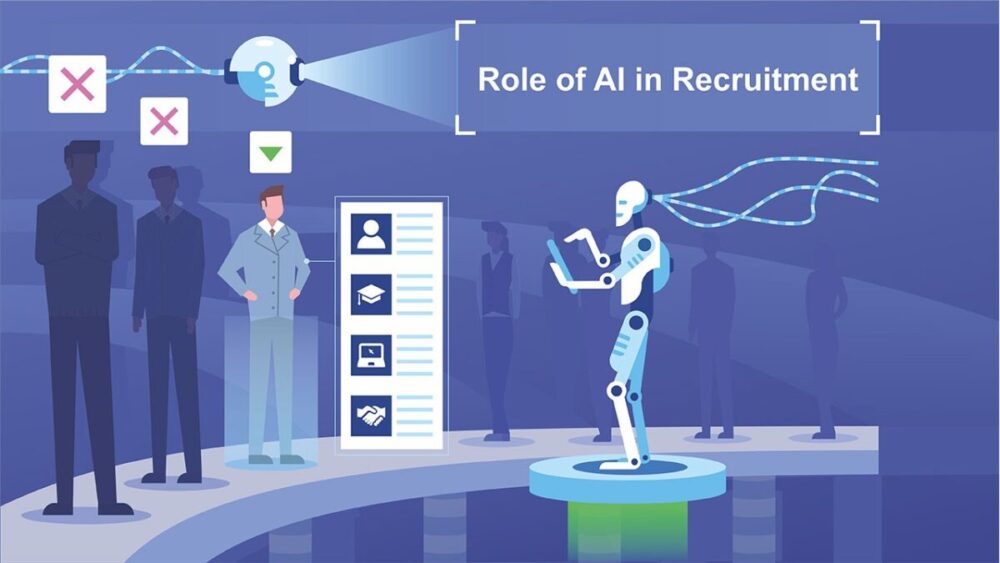The talent acquisition process is undergoing a technology-driven transformation. Artificial intelligence (AI) and machine learning are poised to disrupt traditional recruiting methods and revolutionize how organizations attract, engage, and hire top talent. From sourcing to screening, assessments to interviews, AI brings new levels of speed, efficiency, and insight to talent acquisition.
Sourcing and Attracting Candidates
One of the biggest challenges in recruitment is identifying and engaging qualified candidates, especially for difficult-to-fill roles. AI-powered sourcing tools allow recruiters to automate candidate searches across multiple platforms, including job boards, social media profiles and professional networks. Analyzing candidates’ skills, experiences, interests, and other attributes means these tools can continually source potential matches and even proactively reach out to high-potential individuals.
Screening and Assessing Applicants
Manually reviewing high volumes of applications is hugely time-consuming for recruiters. AI recruitment tools automate candidate screening by analyzing resumes, cover letters, LinkedIn profiles and other application materials to immediately surface the most qualified applicants for a given role. Natural language processing identifies relevant keywords, skills, and experiences, while machine learning algorithms match candidates to ideal profile requirements.
Interviewing Shortlisted Candidates
Conducting interviews is one of the most time-intensive parts of hiring. AI recruitment assistants like Ideal, Mya and Olivia streamline the interview process through automated scheduling, telephone screening interviews via conversational AI and real-time feedback to candidates.
During in-person interviews, ‘digital assistants’ like Virtex use speech recognition, sentiment analysis and other behavioral analytics to evaluate candidates as they respond to questions. Automating administrative tasks and providing objective input means AI enables recruiters to focus their efforts on the human side of interviews.
Ongoing Candidate Relationship Management
Even when a candidate is not the right fit for an immediate role, they may be an ideal fit in the future. Nurturing relationships with high-potential candidates over time is crucial for building talent pipelines. Intelligent chatbots keep candidates engaged by maintaining two-way conversations via messaging apps, text messages or emails. They provide updates on new job openings, share company news, and content, and evaluate candidates’ ongoing interest. This level of personalized outreach at scale would not be feasible for human recruiters.
Benefits of AI in Recruitment
Implementing AI can transform legacy recruiting operations and deliver powerful benefits:
- Increased efficiency – Automation of repetitive, administrative tasks enables recruiters to work faster and focus on value-added activities.
- Enhanced quality of hire – AI provides objective input and data-driven insights that minimize human bias and improve hiring decisions.
- Improved candidate experience – Conversational AI and automation create engaging, personalized candidate interactions at high volume.
- Greater access to talent – Intelligent sourcing tools expand and diversify recruiting funnels.
- Reduced time-to-fill – End-to-end automation accelerates recruiting workflows and reduces delays.
- Increased cost savings – According to the folk at VertiSource HR, optimized recruiting lowers expenses associated with outsourcing HR functions and staffing agencies.
The Future of AI in Recruiting
Looking ahead, AI will become an increasingly integral part of talent acquisition. As artificial intelligence continues to evolve, recruiting AI will boast even more advanced capabilities:
- Predictive analytics that forecast which candidates are likely to accept offers, succeed in roles, and have long tenures.
- “Recruiting virtual assistants” that handle end-to-end hiring workflows for specific roles with minimal human input.
- Augmented writing tools that automatically generate job descriptions optimized for search and inbound interest.
- Automated reference checking and “background listening” that uncover insights about candidates’ past performance.
Conclusion
As recruiting AI becomes more capable, the focus will shift toward humanizing the process. The technology will handle administrative and analytical tasks behind the scenes, enabling recruiters to focus on building genuine relationships with candidates. AI will work alongside human intelligence – not replace it. That hybrid approach is the true future of talent acquisition.
Source: Read Full Article



